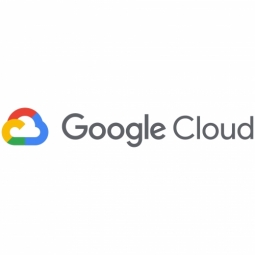- Analytics & Modeling - Machine Learning
- Infrastructure as a Service (IaaS) - Cloud Computing
- Construction & Infrastructure
- Healthcare & Hospitals
- Product Research & Development
- Construction Management
- Smart Campus
- Cloud Planning, Design & Implementation Services
- Training
Balgrist Campus, located in Switzerland, is an internationally renowned research institute specializing in musculoskeletal issues. The campus houses the Integrative Spinal Research (ISR) group, which is part of the Department of Chiropractic Medicine at Balgrist University Hospital. The ISR group integrates different approaches to investigate the mechanisms underlying acute and chronic back pain, combining disciplines such as neuroscience, psychology, epidemiology, and movement science. The group has built a strong reputation for research, attracting talent from across Switzerland and beyond.
Balgrist Campus, an internationally renowned research institute for musculoskeletal issues, was facing challenges in expanding its research on lower-back pain. The Integrative Spinal Research (ISR) group at the campus was gathering data from patients across a broad range of symptom durations, using an on-premises cloud setup linked to a network of supercomputers to process and analyze the information. However, this setup had limitations. The growth of the ISR research team and the success of their projects presented problems, including the need for more workstations and increased computing power. The expense of purchasing additional infrastructure and the desire for a more cost-effective solution led the team to seek alternatives.
Balgrist Campus turned to Google Cloud to create an agile hybrid infrastructure for expanding its research. The solution involved blending on-premises and cloud-based systems, using Google Cloud's Compute Engine to add virtual machines (VMs) that could be accessed via inexpensive PCs, laptops, and other hardware. This hybrid approach maximized the amount of computing power available at any time and enabled easier hot-desking within the office and seamless remote working. It also delivered security benefits, bypassing the need to use a VPN to dial into the previous cloud setup. The team also used an Ubuntu instance on Compute Engine equipped with 16 CPUs, 64 gigabytes of RAM, and 10 terabytes of storage space on a persistent disk, plus two SSDs powering its VMs. They also used Cloud Storage buckets to store data from completed projects.

Case Study missing?
Start adding your own!
Register with your work email and create a new case study profile for your business.
Related Case Studies.









